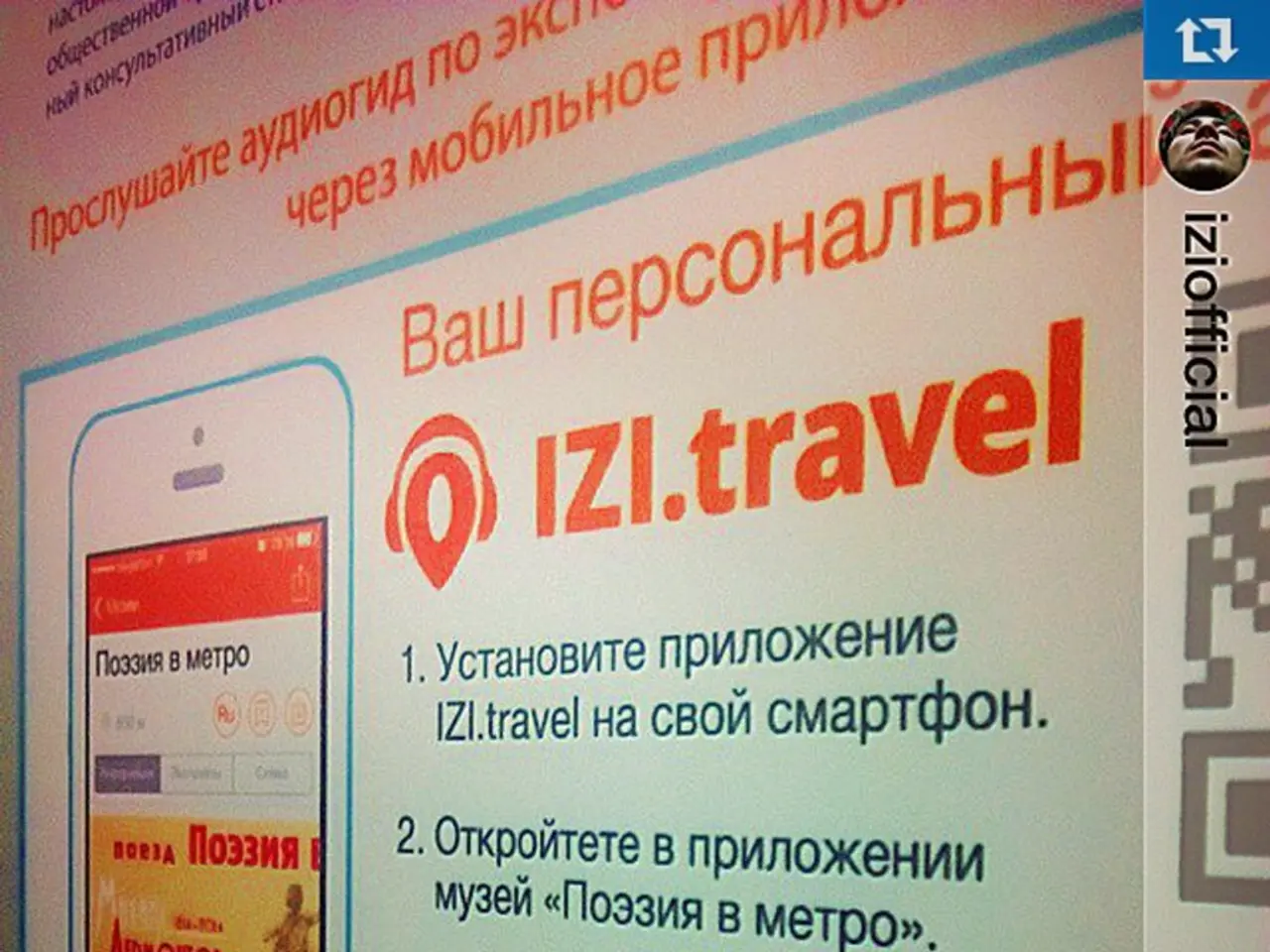Regional Minister's Property Puzzle Unravels
Seized Property: Authorities to Hand Over Official's Apartment in Sochi and House in Perm Region
In a surprising turn of events, the press service of the regional prosecutor's office stated that an apartment in Sochi and a country house in Perm Krai, owned by a prominent local minister, will be handed over to state ownership.
In the course of an inspection, the watchdog authority found that the official amassed these properties using funds from sources whose legality remains unverified.
The combined worth of these real estateassets, registered under a third party, amounts to approximately 23 million rubles.
Upon the completion of the inspection, the prosecutor filed a lawsuit with the court to seize the property. The court granted the petition.
With the court decision coming into effect, the prosecutor's office will monitor its enforcement.
Notably, the "Krasnodar TV Channel" previously reported that Alexander Chernov, Former Head of the Krasnodar Regional Court, through his intermediary, was prepared to voluntarily transfer a substantial portion of the property the Prosecutor General's Office claimed, to the state.
Insights from Similar Cases
While no exact case study exists detailing a regional minister in Russia acquiring property with unfathomable funds, there are comparable scenarios across the globe that provide valuable insights. For instance:
- An investigative report unearthed that the family of Andriy Portnov, a former close associate to ex-President Viktor Yanukovych of Ukraine, spent over $2 million on properties in Dubai during the duration of Russia's full-scale invasion of Ukraine (2022–2023). These properties were purchased by Portnov's civil partner and daughter, with prices ranging from approximately $132,000 to over $600,000 per property, and some are yet to be completed with finishing dates in 2025 and 2026. The report raised queries regarding the legitimacy of the funds, given the sensitive political climate and ongoing conflict[1].
- In Russia, powerful tycoons and politicians have been embroiled in intricate possession structures and accusations of illicitly channeling business assets. Roman Abramovich, for example, found himself embroiled in a legal dispute involving aluminium assets where informal ownership and payment structures were allegedly implemented to meet Western anti-money-laundering regulations. This instance demonstrates how elite figures may employ mechanisms to obfuscate or legitimate ownership and funds that may otherwise seem dubious[5].
Drawing Parallels for Your Query
Although the specific instance of a regional minister in Russia acquiring property with unconfirmed funds is not given in the search results, the broader trend reveals:
- Property acquisitions by politically connected individuals or their families frequently cast doubt upon the origin of the funds, particularly when purchases occur during geopolitical conflicts or under sanctions.
- Such acquisitions often involve large sums, international property markets (such as Dubai), and complicated possession architectures that can conceal the funding source.
- Instances comparable to the Abramovich-Berezovsky dispute shed light on Russia's property market, where several deals involve informal agreements and payments to legitimize ownership, suggesting a context where the acquisition of property with dubious or obscure funding sources is possible.
If you're searching for a comprehensive case study about a regional minister in Russia specifically, the latest search findings did not yield an exact match. However, these references supply enlightening comparisons, illustrating how property acquisitions by Russian elites may be tied to questionable or hidden funds[1][5].
- The investigation into the regional minister's property purchases raises questions about the usage of funds from unverified sources in the real-estate industry, finance, and investing.
- Given comparable scenarios globally, it is common for politically connected individuals to acquire properties using large sums, often involving international real-estate markets and intricate possession structures, which can obfuscate the funding source, notably in the real-estate sector.








